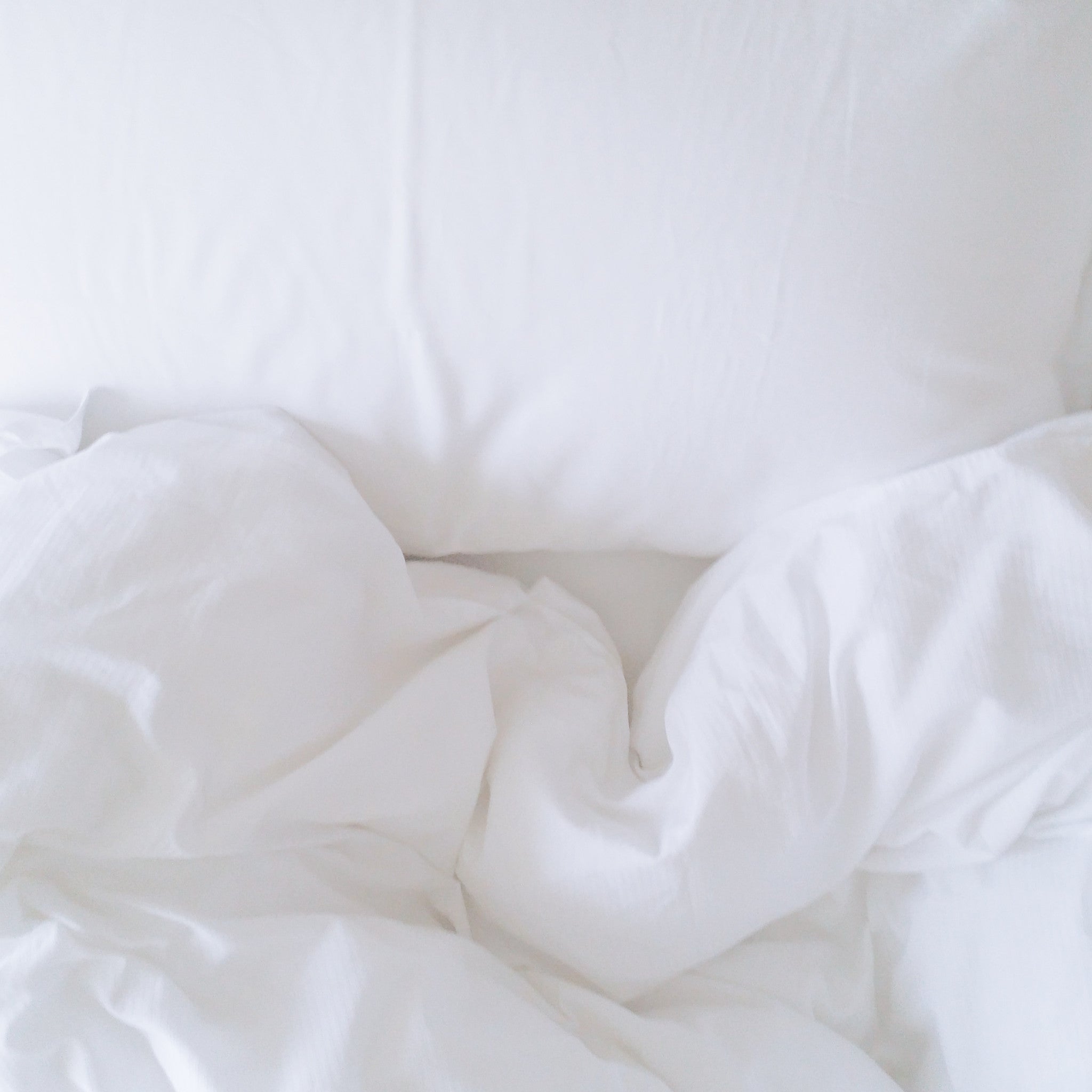
It is universally recognised that as humans, we need to sleep and we need adequate amounts of it. Sleep allows our bodies to restore, repair and rejuvenate itself. More specifically, sleep is essential for muscle growth, tissue repair, protein synthesis and hormone balancing. It is therefore not surprising the consequences a bad night's sleep can have on our skin.
With a lack of sleep, the barrier function of your skin is diminished. This means that your epidermis and epidermal cells are being effected and offer less protection to your skin cells. As such, your cells are prone to more damage and are not able to as effectively grow and repair themselves. You may start to develop swollen or hanging eyelids, darker circles around your eyes or even lines and wrinkles, making you look more tired and older.
Diminished sleep can also cause imbalance in your hormones. For your skin, this could possibly mean an imbalance in melanin secretion. Melanin is the hormone responsible for protecting your skin cells when you've been in the sun a little too long. It is what causes you to tan. With a lack of sleep, the effectiveness of this can be compromised which could ultimately lead to an uneven skin tone. (Read our article Tips For That Uneven Skin Tone for more information about uneven skin).
Thankfully, there are a few things we can do to ensure a good shut-eye. Below are a few tips to get you started.
- Get a into a regular sleep routine - this helps to establish our natural body clocks making it easier to fall asleep at night and wake up feeling refreshed in the morning.
- Avoid caffeine - if you can't avoid it, try limiting the amount you drink or stop drinking it at a certain time (around 12pm is ideal). Caffeine is a stimulant, which will alter your natural body clock.
- Avoid alcohol - even though you may find that alcohol makes you sleepy, alcohol keeps you in the lighter phases of sleep and prevents you from falling into a deep sleep, meaning that you won't feel as rested the next day.
- Relax before bedtime - about an hour before you go to bed, stop working and/or studying. Try relaxing in a detoxifying bath and reading a book to calm your mind and unwind for the day.
- Stop using electrical items (this includes your phone!) an hour before bedtime - Studies have shown how the blue artificial light from our electronic devices can suppress our melatonin levels (hormone that is responsible for sleep). There are free apps however (if you cannot let go of your phone) that you can install onto your phones that display red light instead of it's usual blue to help you feel sleepy.

-
Sourced from Pinterest
Check out our Pinterest for some more bedtime and better sleep ideas. Wishing you all sweet dreams!
References:
- http://www.newlovetimes.com/importance-of-sleep-for-your-health-and-your-skin/
- https://shinso.co.uk/the-importance-of-sleep-for-your-skin.html/
- http://chriskresser.com/how-artificial-light-is-wrecking-your-sleep-and-what-to-do-about-it/
